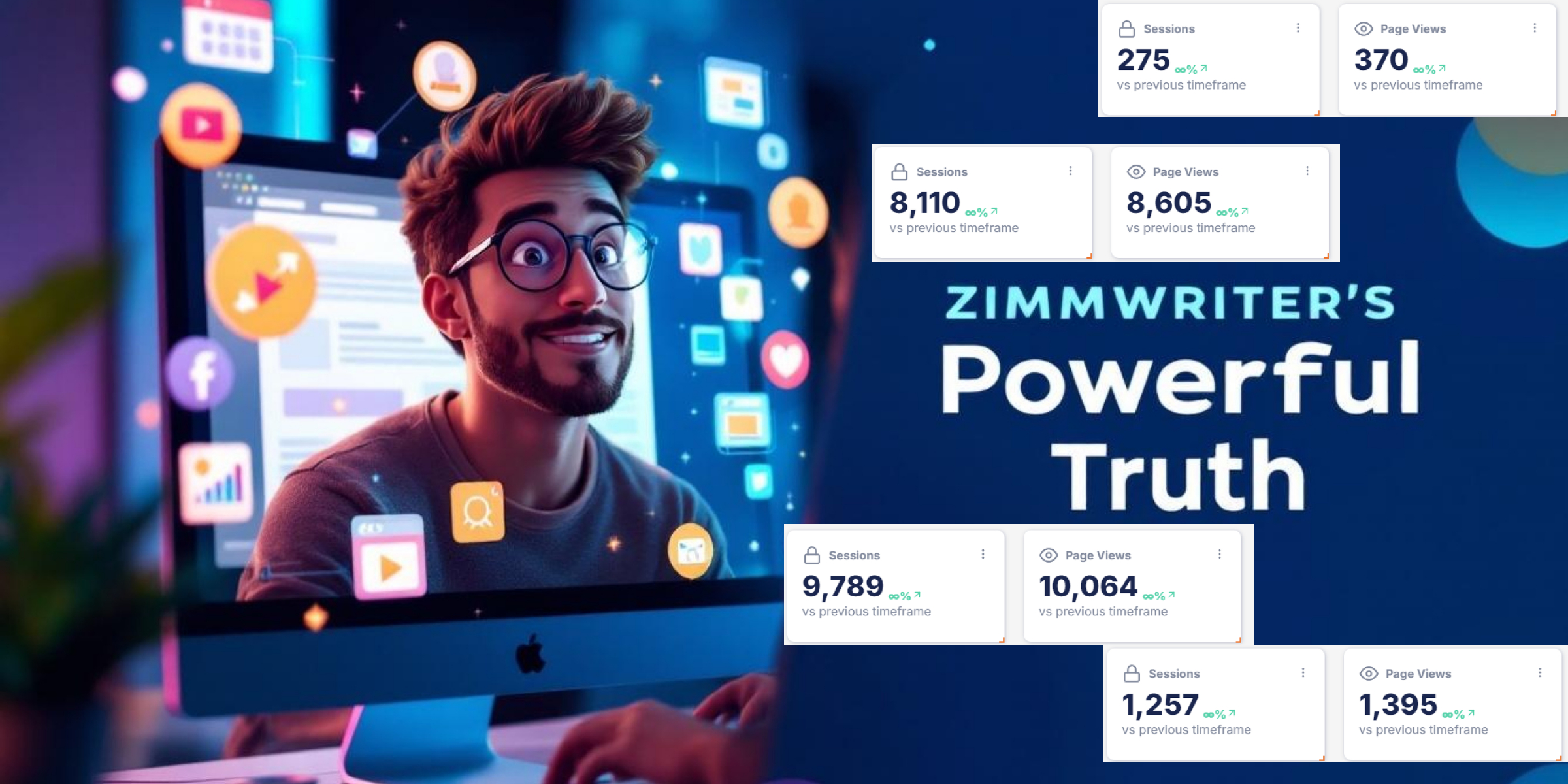Claude now offers web search capabilities through its 3.7 Sonnet model, giving you access to real-time information with verifiable citations. This feature addresses previous limitations by integrating current data beyond Claude's training, improving accuracy on recent events and evolving topics. You'll receive conversational results rather than traditional link listings, enhancing your experience. Currently available to paid users in the U.S., this advancement positions Claude as a serious competitor to ChatGPT and Google Gemini. Further details reveal how this impacts AI search functionality.

Anthropic has finally caught up to its competitors by adding web search capabilities to Claude, marking a notable advancement for the AI assistant. This new feature requires the Claude 3.7 Sonnet model and gives you access to real-time information from the internet. You'll now receive more accurate responses based on current data rather than Claude's previous knowledge cutoff limitations.
The web search functionality puts Claude on par with ChatGPT and Google Gemini, which have offered similar features for some time. When Claude provides information from the web, it includes citations, allowing you to verify sources directly. This enhances the trustworthiness of the information you receive.
Privacy remains a priority with this new feature. Anthropic won't use your inputs for training their AI models, giving you greater confidence in your data security. Currently, the web search capability is only available to paid users in the United States, though Anthropic plans to expand access to free users and international markets soon.
User privacy first—Anthropic won't harvest your data while offering web search exclusively to U.S. paid users, with broader access coming soon.
One of the most notable improvements is the conversational format of search results. Claude presents relevant sources seamlessly within your conversation, maintaining a natural flow rather than simply listing links. This announcement, made on March 20, 2025, positions Claude as a serious contender in the AI search landscape. This creates a more intuitive user experience compared to traditional search engines.
The integration of web search helps address one of Claude's biggest limitations: its inability to access current information. You'll notice enhanced accuracy in responses about recent events, current data, and evolving topics that weren't covered in Claude's training data. This shift represents a significant change from Anthropic's previous self-contained design philosophy that emphasized Claude's abilities without external references.
While this feature represents an important step forward, some limitations exist. The system may occasionally encounter issues with inaccurate information or misattributed sources. Additionally, you'll need the latest Claude model to access web search functionality.
This development represents Anthropic's commitment to keeping Claude competitive in the rapidly evolving AI assistant market. For users seeking accurate, up-to-date information with source verification, Claude's new web search capability delivers a remarkably improved experience that matches what you'd expect from leading AI platforms.
Frequently Asked Questions
How Does Claude's Web Search Compare to Chatgpt's Browse Feature?
Claude's web search and ChatGPT's browse feature are now functionally similar. Both allow access to current online information with source citations.
However, Claude emphasizes safety and ethical standards when processing web data, while ChatGPT offers more multimodal capabilities.
Claude currently supports web search through its 3.7 Sonnet model, focusing on accuracy and transparency.
Both services face similar challenges regarding verification and the potential spread of misinformation.
What Privacy Measures Protect User Data During Claude's Web Searches?
When you use Claude's web search, several privacy measures protect your data. Your conversations remain anonymous, as you don't need to log in.
Anthropic saves context for only 30 days and doesn't store conversations long-term. Premium subscriptions are unlinkable to maintain privacy.
All data processing follows strict privacy policies established by Anthropic and its partners. The system also includes robust filtering mechanisms to screen out potentially harmful information during searches.
Can Claude Search Academic Databases or Only Public Websites?
Currently, you can use Claude to search public websites but not academic databases directly.
Claude's web search capability doesn't include specific integration with scholarly databases like JSTOR or PubMed.
While Claude can access general knowledge that includes academic literature, it doesn't have dedicated connections to specialized research repositories.
For academic research, you'll still need to use dedicated academic search tools or databases separately from Claude.
Will Claude's Web Search Be Available in All Subscription Tiers?
Claude's web search will eventually be available across all subscription tiers, but it's currently limited to paid users in the U.S. during the preview phase.
Anthropic plans to expand this feature to free users and international customers in the future.
You'll need to manually toggle on web search in your settings to use it, regardless of your subscription level, once it becomes available for your tier.
How Does Claude Verify the Accuracy of Information Found Online?
Claude verifies online information through several methods.
You'll notice inline citations in responses, allowing you to check sources directly. The system integrates information from multiple web sources, comparing data for consistency.
Claude 3.7 Sonnet's improved architecture enhances accuracy, while ongoing human feedback refines results. The Constitutional AI approach helps minimize misinformation risks.
However, you should know that misattribution remains a potential challenge despite these verification measures.





